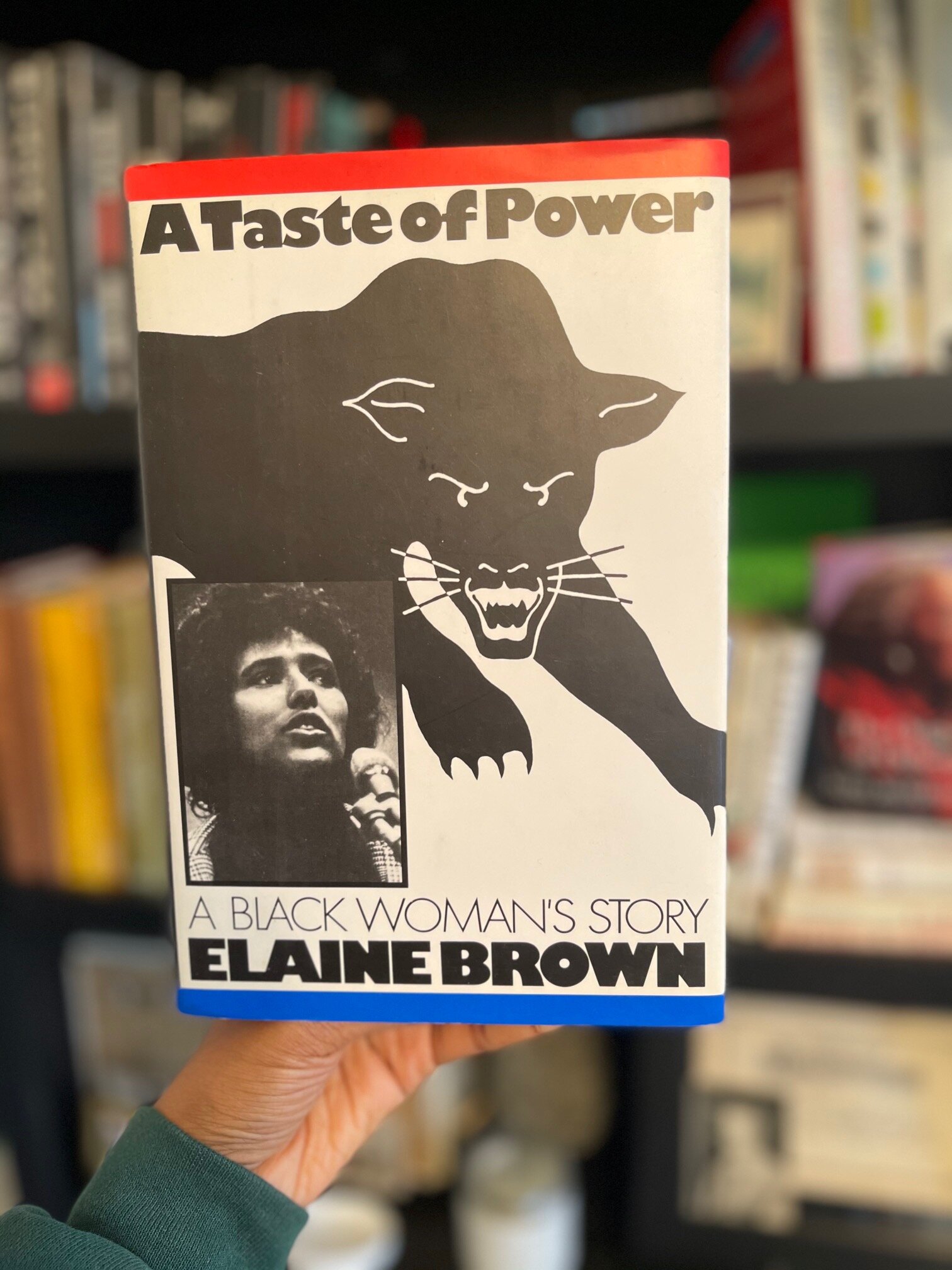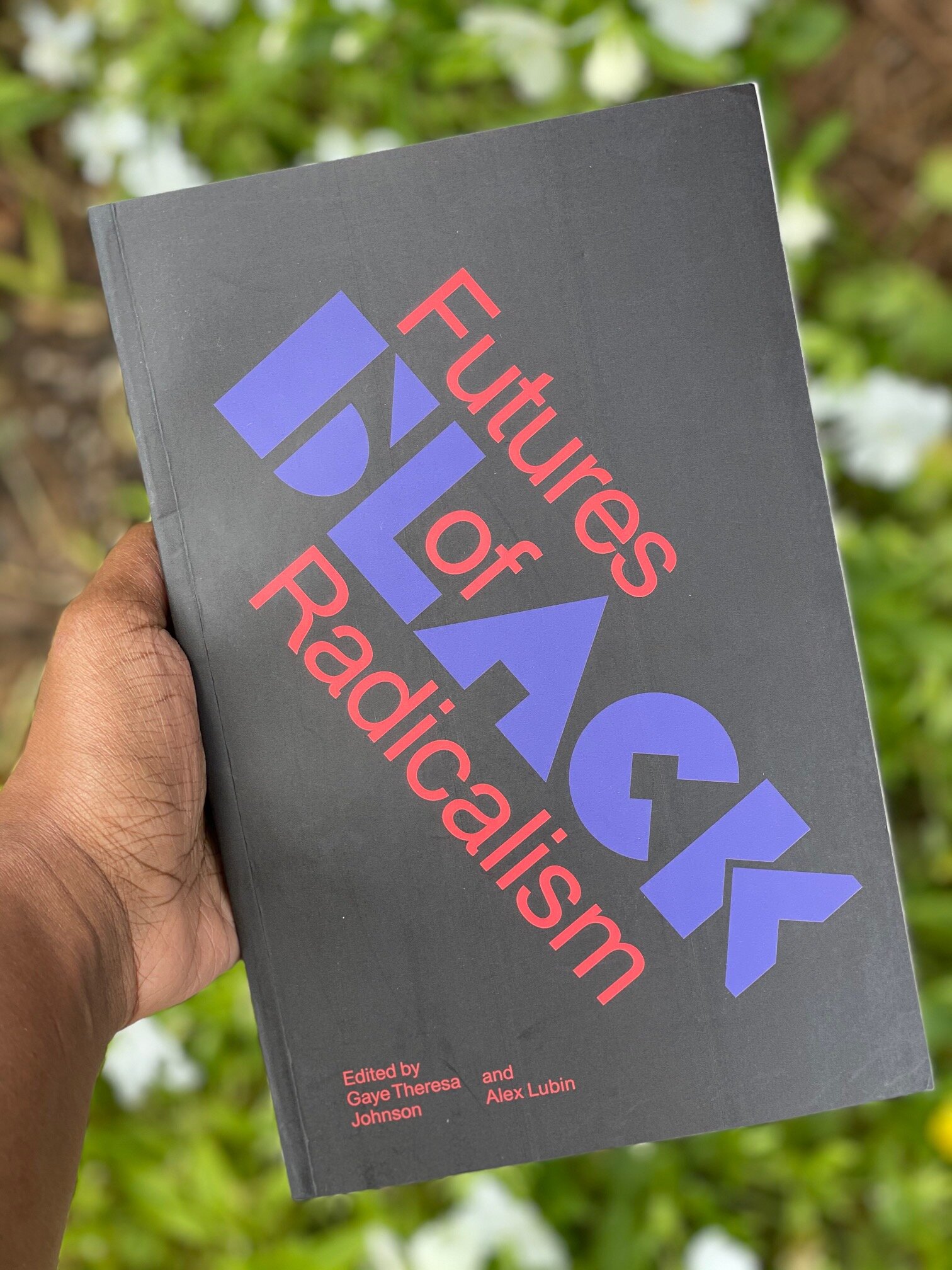 Image 1 of
Image 1 of


A Taste of Power: A Black Woman's Story (Vintage)
Elaine Brown assumed her role as the first and only female leader of the Black Panther Party with these words: “I have all the guns and all the money. I can withstand challenge from without and from within. Am I right, Comrade?” It was August 1974. From a small Oakland-based cell, the Panthers had grown to become a revolutionary national organization, mobilizing black communities and white supporters across the country—but relentlessly targeted by the police and the FBI, and increasingly riven by violence and strife within. How Brown came to a position of power over this paramilitary, male-dominated organization, and what she did with that power, is a riveting, unsparing account of self-discovery.
Elaine Brown assumed her role as the first and only female leader of the Black Panther Party with these words: “I have all the guns and all the money. I can withstand challenge from without and from within. Am I right, Comrade?” It was August 1974. From a small Oakland-based cell, the Panthers had grown to become a revolutionary national organization, mobilizing black communities and white supporters across the country—but relentlessly targeted by the police and the FBI, and increasingly riven by violence and strife within. How Brown came to a position of power over this paramilitary, male-dominated organization, and what she did with that power, is a riveting, unsparing account of self-discovery.
Elaine Brown assumed her role as the first and only female leader of the Black Panther Party with these words: “I have all the guns and all the money. I can withstand challenge from without and from within. Am I right, Comrade?” It was August 1974. From a small Oakland-based cell, the Panthers had grown to become a revolutionary national organization, mobilizing black communities and white supporters across the country—but relentlessly targeted by the police and the FBI, and increasingly riven by violence and strife within. How Brown came to a position of power over this paramilitary, male-dominated organization, and what she did with that power, is a riveting, unsparing account of self-discovery.
The Black Panthers (1969) by Gene Marine illustrates just how powerful the arrival of the Black Panther Party was.
A collection of Jackson's letters from prison, Soledad Brother is an outspoken condemnation of the racism of white America and a powerful appraisal of the prison system that failed to break his spirit but eventually took his life.
In this outspoken, important book an award-winning Negro writer explains the history behind Freedom Riders, SIT-INS, Prayer Marches...the development and meaning of the racial protest sweeping America today.
Seize The Time: The Story of The Black Panther Party is a 1970 book by political activist Bobby Seale. It was recorded in San Francisco County Jail between November 1969 and March 1970.
Brown’s story begins with growing up in an impoverished neighborhood in Philadelphia and attending a predominantly white school, where she first sensed what it meant to be black, female, and poor in America. She describes her political awakening during the bohemian years of her adolescence, and her time as a foot soldier for the Panthers, who seemed to hold the promise of redemption. And she tells of her ascent into the upper echelons of Panther leadership: her tumultuous relationship with the charismatic Huey Newton, who would become her lover and her nemesis; her experience with the male power rituals that would sow the seeds of the party's demise; and the scars that she both suffered and inflicted in that era’s paradigm-shifting clashes of sex and power. Stunning, lyrical, and acute, this is the indelible testimony of a black woman’s battle to define herself.
Black rebellion has returned. Dramatic protests have risen up in scores of cities and campuses; there is renewed engagement with the history of Black radical movements and thought. Here, key intellectuals—inspired by the new movements and by the seminal work of the scholar Cedric J. Robinson—recall the powerful tradition of Black radicalism while defining new directions for the activists and thinkers it inspires.
Originally published in 1978, Black Macho and the Myth of the Superwoman caused a storm of controversy. Michele Wallace blasted the masculine biases of the black politics that emerged from the sixties. She described how women remained marginalized by the patriarchal culture of Black Power, demonstrating the ways in which a genuine female subjectivity was blocked by the traditional myths of black womanhood.
The classic memoir that shocked, outraged, and ultimately changed the way America looked at the civil rights movement and the black experience.
The Wretched of the Earth is a brilliant analysis of the psychology of the colonized and their path to liberation. Bearing singular insight into the rage and frustration of colonized peoples, and the role of violence in effecting historical change, the book incisively attacks the twin perils of postindependence colonial politics: the disenfranchisement of the masses by the elites on the one hand, and intertribal and interfaith animosities on the other. Fanon’s analysis, a veritable handbook of social reorganization for leaders of emerging nations, has been reflected all too clearly in the corruption and violence that has plagued present-day Africa. The Wretched of the Earth has had a major impact on civil rights, anti-colonialism, and black consciousness movements around the world.









The first comprehensive collection of writings by the Black Panther Party founder and revolutionary icon of the Black liberation era.